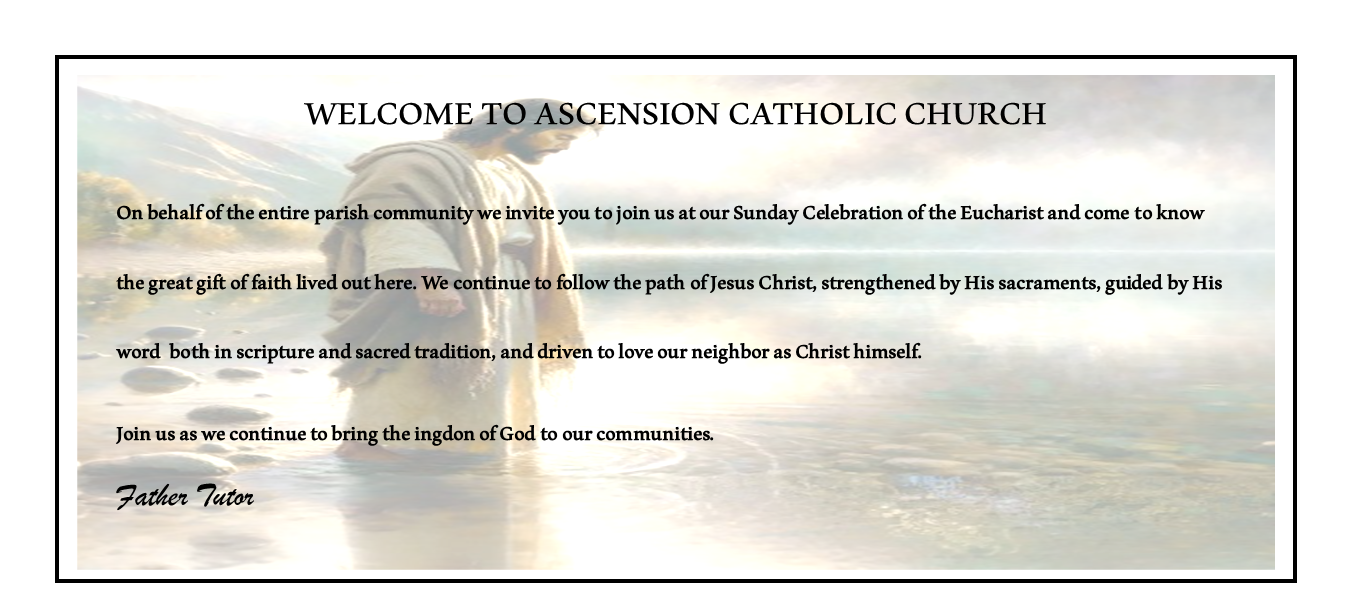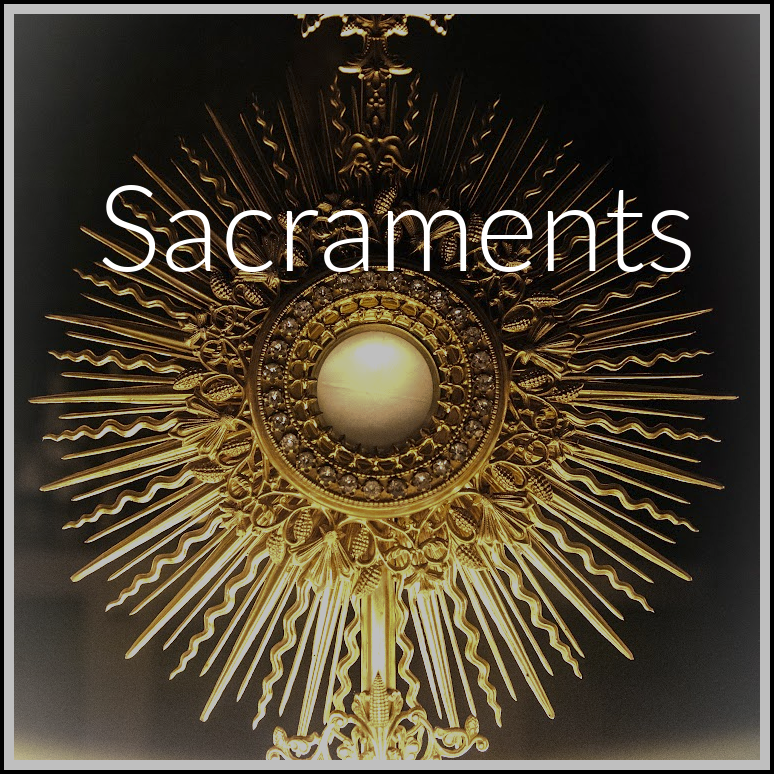
CONFESSION
Saturday: 3:00-4:00 pm
Monday-Friday: 8:30 am
Saturday Vigil: 4:30 pm
Sunday: 8:30 am, 11:00 am, 5:30 pm
HOLY HOUR/ADORATION
Monday, Wednesday-Friday: 3:00 pm
Tuesday: 6:00 pm
Follow Us
Keep up with our latest news
Catholic News & Perspective
by David Mills Dorothy Day liked St. Thérèse of Lisieux when she first of heard of her, from a young mother in the next bed in the Bellevue Hospital maternity ward. She very much disliked the saint when she first read her. Day and her new daughter’s father were political radicals without any religious identity, though while he rejected religion, she intended to have Tamar Teresa baptized as soon as possible, over the strong objections of the man she loved, and two years later she would enter the Church herself. She knew of saints like St. Francis, St. Augustine and St. Teresa of Avila from reading William James’ book “Varieties of Religious Experience.” She liked St. Teresa with “her vigorous writing and her sense of humor.” I think she saw them, semi-secular leftist as she was then, as Big Statement Saints and liked that. She was a Big Statement kind of person herself. She would learn better, and learn it from the Little Flower. It’s a lesson to the rest of us both in recognizing the saints and correcting our misunderstanding of what holiness looks like. Meeting Thérèse Day tells the story in the preface to her book “Thérèse,” which she began writing 20 years later and published in 1960. The young mother told Day the saint’s story and gave her a medal of the Little Flower to pin on her daughter, which she thought superstitious but took anyway. She decided she would still name her child after the St. Teresa she already knew and make the new one her child’s “novice mistress, to train her in the spiritual life.” She didn’t think much of St. Thérèse when a couple years later she came to read her at her confessor’s instructions. She found “The Story of a Soul ” “colorless, monotonous, too small in fact for my notice.” She dismissed the saint’s turning the trials of everyday life into ways to serve God. “I was reading in my Daily Missal of saints stretched on the rack, burnt by flames, starving themselves in the desert, and so on,” she wrote. That was what holiness looked like. “Perhaps, I thought, the days of saints had passed.” The difference sanctity makes I don’t think Day then saw the difference sanctity makes. (Many converts don’t. I didn’t.) Holiness makes you bigger. Even the Small Statement saints, like St. Thérèse, grow very big. Massive, even. In “Letters to Malcolm,” C.S. Lewis wrote that his minister grandfather “looked forward to having some very interesting conversations with St. Paul when he got to heaven,” as if they were “two clerical gentlemen talking at ease in a club.” Lewis saw the mistake. “It never seemed to cross his mind that an encounter with St. Paul might be rather an overwhelming experience even for an Evangelical clergyman of good family. But when Dante saw the great apostles in heaven they affected him like mountains.” Being Protestant, Lewis didn’t like devotion to the saints, but he saw the reality the devotion points to. “At least they keep on reminding us that we are very small people compared with them. How much smaller before their Master?” Seeing the saint Dorothy Day came to have a deep and deeply formative devotion to St. Thérèse. She came to see the Little Flower as a mountain. Why didn’t she see her at first for who she is? As far as I can find, she never explains how she grew to love the saint she had thought “too small in fact for my notice.” I think, from reading her, especially her diaries, that she came to understand holiness differently. Many of us converts do, because we come with our own ideas of the human ideal, which forms our idea of the kind of people saints must be. I think most of us think saints must be Big Statement Catholics. Day was, as I said, a Big Statement kind of person. She came to the Church seeing the world as a radical who wanted to change it, and change it with great actions. She wanted the revolution. Naturally, she noticed the Church’s Big Statement people. She felt drawn to the people who might have been her, had they lived when she lived. “Joan of Arc leading an army fitted more into my concept of a saint,” she wrote, and I bet she thought St. Joan could work for the Anti-Imperialist League. They’re the ideal, she first thought. That’s what holiness must look like. But she later found that it didn’t always. It might look like this young French woman she had called “too small.” Day may be remembered as a modern St. Joan, a hero, a Big Statement Catholic. But she lived her life sacrificially serving the poor imitating St. Thérèse, because she learned that the Small Statement makes a Big Statement. This article comes to you from Our Sunday Visitor courtesy of your parish or diocese.
Parish Mission Statement
Ascension Catholic Church is a family of believers united in Jesus Christ -
"The Way, The Truth, and The Life."
Grateful for the Grace of God we have received, we respond to that Grace by worshiping God in spirit and truth, learning the faith entrusted to the Apostles, serving those in need, and sharing each other's joys and sorrows. Together, we strive to live the faith fully, wherever we are and in everything we do.
We are a welcoming Catholic community called by God to live out the message of Christ in love and service to all people.














